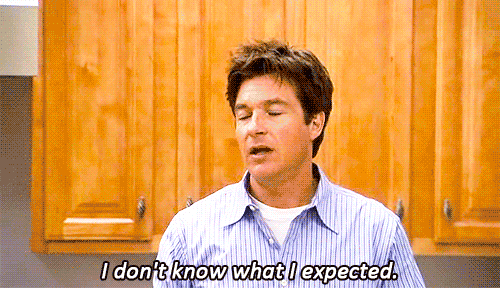Taken from a Washington Post article:
Almost 17 million adults, or 6.5 percent of the U.S. adult population, live in communities where covid-19 patients could overwhelm hospital beds, needing more than all available.
76 million adults, or 30 percent of the U.S. adult population, live where patients could overwhelm intensive-care beds.
125 million adults, or 48 percent of the U.S. adult population, live where virus patients could overwhelm the supply of mechanical ventilators. Those breathing machines are among the key hospital resources that can help patients facing death when the disease attacks their lungs.
This is why the "rip off the Band Aid" approach has never been embraced by the scientific community.
Again, I have personally been consistent that I believe in virtual classrooms this month due to a cost/benefit analysis. I acknowledge the negatives for students with disabilities - my son is one of them - English Language Learners - many of my students included - and teachers themselves...
This is way more difficult and time consuming than in-person teaching, and will result in less successful lessons.
However, the public health risks highlighted above are real, and harder for society to overcome than regressive test scores. As I wrote earlier in the thread, many first world countries have tried to re-open schools in the past month, only to close them down with increased strains on the medical infrastructure.



